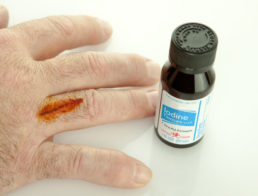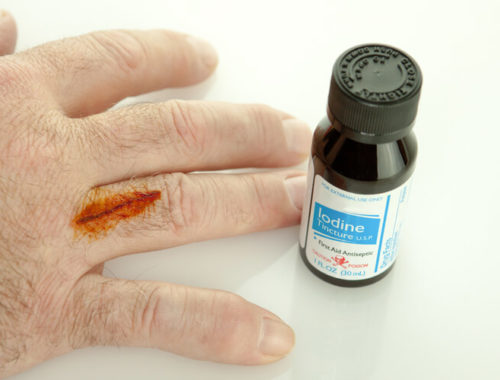Digestive health is a hot topic in America. 20 million Americans suffer from a chronic digestive disease. Looking worldwide, 62% of people suffer from digestive issues at least once a year. Digestive issues range in severity from diarrhea to colorectal cancer. Even mild digestive issues can cause intense pain and discomfort.
What causes so many people to have digestive problems? The answer lies in the gut’s microbiome. It may be unsettling to think about, but up to 100 trillion bacteria live in the human digestive system. Plenty of fungi and viruses are also there. Not to cause diseases, but to assist in the healthy functioning of the human body. Keeping the microbiome healthy requires the human to make sure they’re eating the right foods and exercising the right amount. Antibiotic use can also unbalance the gut’s ecosystem.
The gut does more than digest food. Between 70% and 80% of the body’s immune cells are located in the gut. An imbalanced gut microbiome makes it harder for the human body to fight disease. Human mental health also suffers from a gut out of balance. 95% of a human’s serotonin is produced in the small intestine. Depression might not be all in your head, but your gut as well!
How can you make your gut healthy? Probiotics are one tool in your kit. Probiotics are a type of live bacteria found in certain foods like yogurt or cheese. The bacteria inside probiotics provides various potential health benefits when they take up residence in the digestive tract. Their cousin, prebiotics, includes food that feeds the good bacteria inside your gut. High-fiber foods like apples and broccoli are a good source of prebiotics.
Probiotics have a wide array of health benefits. They can improve the gut’s ability to build an immune system response. They assist in the production of anti-inflammatory compounds. Through their interactions with other organisms, probiotics can stimulate good bacteria growth and ward off harmful bacteria.
Experts agree that probiotics reduce diarrhea in antibiotics users and digestive discomfort.
Other health claims show a lot of promise, but the scientific community hasn’t proven them yet. Researchers think probiotics can be part of the treatment for inflammatory bowel disease, urinary tract infections, and even obesity. They may also relieve the symptoms of chemotherapy, certain cancers, and depression. Because probiotics have so many potential health benefits, the market for supplements containing them is growing. By next year, the worldwide market for probiotics will reach $69.3 billion.
How do you know if you need more probiotics in your diet? If you’ve recently been ill, eating a poor diet, or using antibiotics, the balance of good bacteria in your digestive system may be off. Signs of unbalance include rapid weight gain or loss not resulting from a change in diet or exercise. However, be sure to talk to your doctor or dietitian before making significant dietary changes. Taking too many probiotics may backfire. People who take too many probiotics can suffer from bloating, gas, and nausea.
Source: Nouri









